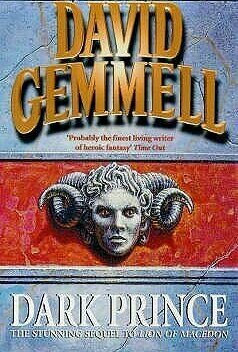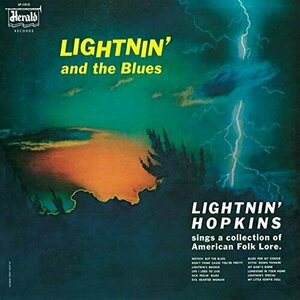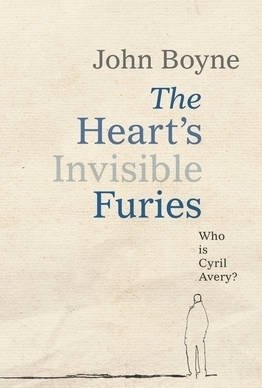
The Heart's Invisible Furies
Book
Cyril Avery is not a real Avery or at least that’s what his adoptive parents tell him. And he...

The Paper Bag Christmas
Book
A heart-tugging tale of a boy and a troubled little girl who discover that the true spirit of...
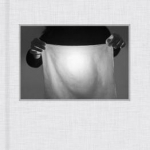
The White Book
Book
From the winner of the Man Booker International Prize for The Vegetarian Both the most...
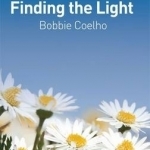
Finding the Light
Book
I've always said that it's not the destination, but the journey that counts...I have always been...
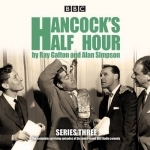
Hancock's Half Hour: Ten Episodes of the Classic BBC Radio Comedy Series: Series 3
Full Cast, Alan Simpson, Sid James and Ray Galton
Book
Tony Hancock stars with Sid James and Kenneth Williams in the legendary BBC Radio comedy series....
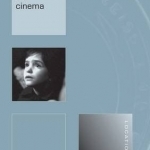
Childhood and Cinema
Book
Since its inception the world of cinema has embraced the image of the child and both extended and...
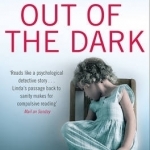
Out of the Dark
Book
As a contented wife and mother, Linda Caine has everything she ever wanted. Yet a darkness haunts...
David McK (3684 KP) rated Dark Prince (Greek Series, #2) in Books
Jul 25, 2020
As the novel starts, Alexander is but a 4 year old and Parmenion is out of favour with Philip of Macedon, who is jealous of the Spartan general's success in battle. Alexander is still plagued by the Chaos Spirit, and - at around the 1/4 mark - is magically transported into an alternate Greece, where the myths and monsters of Greek legend are all real. With a little help from Aristotle and the Siptrassi stones, Parmenion is soon off on a rescue mission, accompanied by Philip's assassin Attalus (without Philips knowledge). The bulk of this novel - parts 2 and 3 (of 4) - then takes place in that alternate Greece, with Parmenion - again - reliving his past and playing a key role in proceedings, before it returns to 'our' Greece for the final part of the novel.
As is standard for Gemmell, lots of musing on the nature of Good and evil throughout, and with a conflicted central protagonist.
Billy Gibbons recommended Lightnin' And The Blues by Lightnin Hopkins in Music (curated)
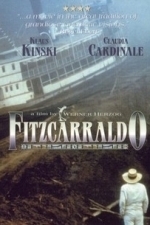
Fitzcarraldo (1982)
Movie Watch
Brian Sweeney "Fitzcarraldo" Fitzgerald (Klaus Kinski) is an Irishman living in Iquitos, a small...
